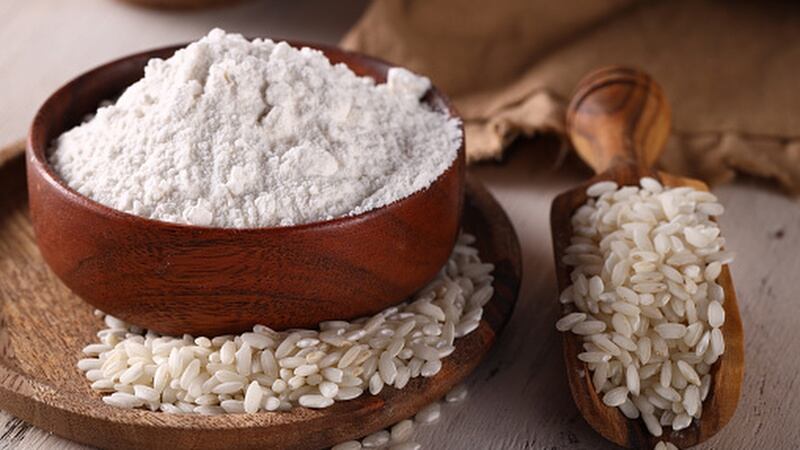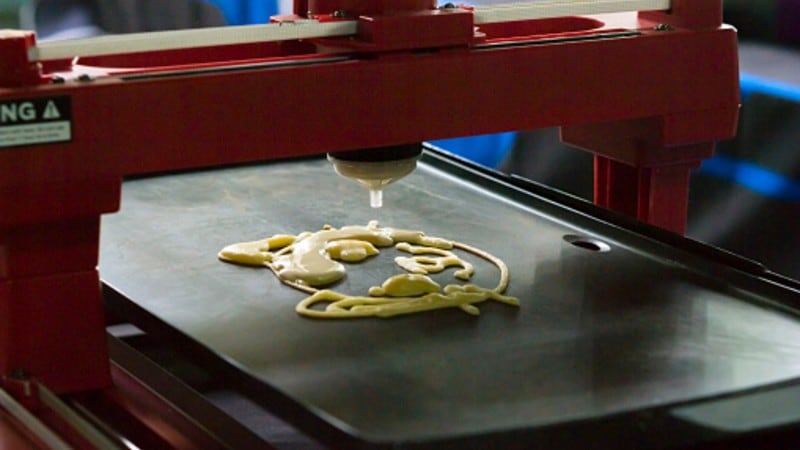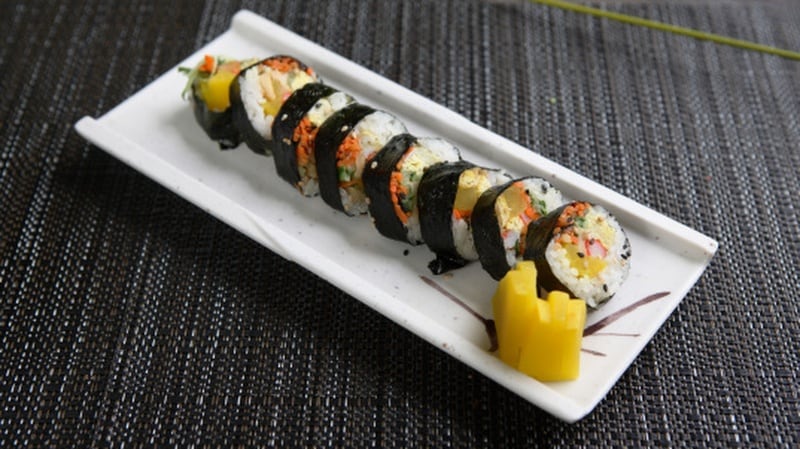Japan may be considered one of the most technologically advanced markets in Asia, but suffers from the issues of weak food security and a low self-sufficiency rate, which came prominently into the limelight during the COVID-19 pandemic.
Government data from 2022 scored Japan’s overall food self-sufficiency rate the lowest amongst all developed markets at no more than 38%, a worrying statistic showing poor growth rate since 2021’s decade-low numbers.
Japan aspires to hit a national food self-sufficiency target of 45% on a calorie basis and 75% on a production basis by FY2030, which currently seems quite a ways off and has hence driven local leadership to consider more means of achieving self-sufficiency.
The country is only 15% self-sufficient in rice, 26% self-sufficient in dairy and 9% self-sufficient in beef, according to 2023 local government data.
“Rice is the only grain that Japan can hope to become self-sufficient in in the long run, hence we are intensively supporting efforts at every part of the supply chain from production, distribution and consumption to expand the usage of rice flour,” Japan’s Ministry of Agriculture, Forestry and Fisheries (MAFF) said via a formal statement.
“The approximate budget for projects in this area will be JPY3bn (US$20mn), and from a business and commercial perspective one of the goals is to increase rice flour production to 130,000 tons by 2030.
“Support will also be focused on the development of end-products in the food industry that take advantage of the characteristics of locally produced rice flour, the strengthening of manufacturing capacity and demand, and increasing the consumption and demand for local rice, rice flour and related products in Japan.”
The circular highlighted key priority examples of projects to include product development within various food categories such as confectionery, bakery and the local staple noodles; the introduction or invention of machinery necessary to develop and produce rice-based products; and other public relations-related marketing and advertising expenses.
MAFF plans to implement these projects together with private local food and beverage brands, and its focus on sectors such as bakery and noodles show that it hopes to reduce the country’s reliance on wheat flour as a major ingredient.
Not the first
Japan is not the first market in the region to have turned its attention to rice flour as a grains/carbohydrate alternative for wheat flour – in September last year, South Korea had already announced such plans after its local wheat supplies were severely hit by the Russia-Ukraine war and India’s ban on wheat exports.
The South Korean Minister of Agriculture, Food and Rural Affairs (MAFRA) Jeong Hwang-geun described rice flour as a ‘very advantageous’ wheat flour substitute due to its natural starch structure and physical characteristics, announcing that MAFRA would be ‘activating’ rice flour to replace 10% of the demand for imported wheat flour by 2027.
“[The hope is that this replacement of 10% of wheat demand] with rice flour will help to reduce reliance on imports and prevent price instabilities, whilst also providing South Korea with a more stable food supply to increase local self-sufficiency,” he said.





